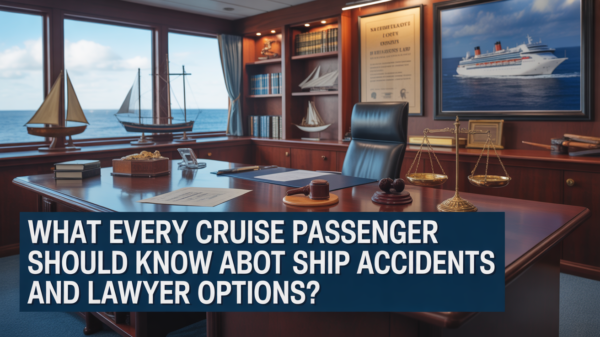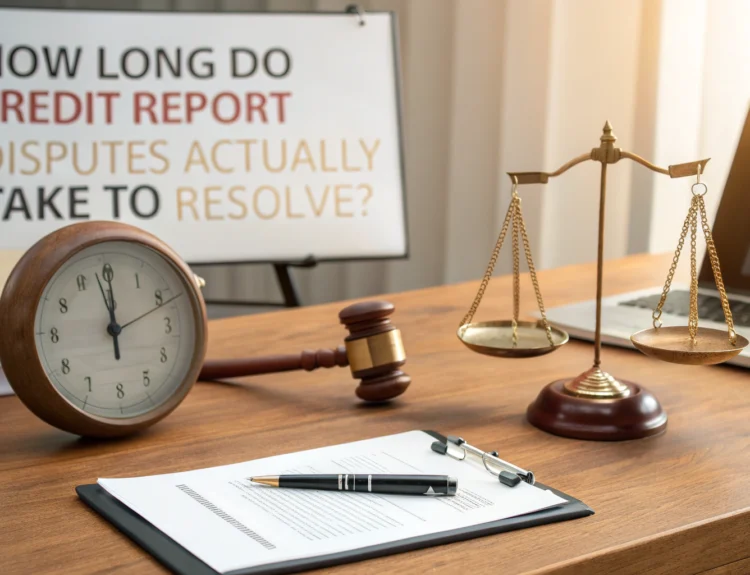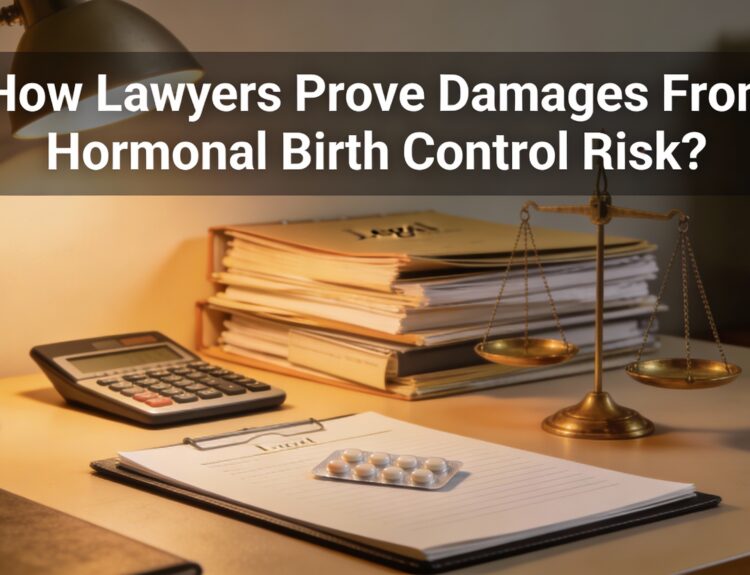You are excited. The cruise that you have been dreaming about for years, you have just booked it. You have your sunscreen ready, you have downloaded the app of the ship, and you can already taste that fruity drink with a little umbrella in it. Then you think about it for a moment – what if something went wrong? What if there was an accident? And what would happen if you got hurt, which is even more stressful, I don’t know?
Thinking about it is not really nice, but it is wise to be aware of your situation before boarding that ship. Because the point is: cruise ships are not quite like normal travel. The rules are different. The way lawsuits work is different. And knowing what to expect can be a great difference if something turns out to be true.
Contents
The Reality About Cruise Ship Accidents
Cruise ships—when you dig into the stats—are indeed fairly safe. I know that sounds like the sort of pat‑on‑the‑back reassurance someone dishes out just to ease your mind. The numbers back it up. Statistically, you’re safer, on a cruise ship than you are driving on your highway. Most folks have taken thousands of cruises. Never encountered a problem.
So things go wrong now. Then. Whether it’s a crew member or a passenger anyone can suddenly find themselves slipping on the deck. A diner may end up battling food poisoning in the galley. A sudden squall can lurch the vessel, sending a soul tumbling down the staircase. A medical crisis can erupt mid‑ocean far from any shore. Such incidents are rare. They’re far from unheard. When they do occur, most people fail to realize just how different a maritime mishap is from an accident on land—if you find yourself in such a situation, don’t hesitate to contact our cruise ship accident lawyer today.
That’s the snag that often blindsides people. You’re assuming you’ll be shielded by the legal safety net that would protect you if you took a tumble, in the grocery aisle. Surprise—it doesn’t translate once you’re aboard a ship.
Why Cruise Ships Are Different
Okay,. Here’s where it gets a bit off‑kilter. The moment you shell out for that ticket and set foot on the cruise liner you’re in effect signing on to a set of regulations. I’m not out to spook you—just stating the facts.
Cruise lines pepper their boarding passes with a cascade of fine‑print warnings. The typical holidaymaker barely bothers to scan them. The clauses stretch on endlessly a yawning bore wrapped in legalese that feels like a cipher no one can crack. In terms the gist reads: “If something happens to you you can’t just sue us in your hometown. You have to follow our rules.”
Those rules usually funnel a dispute, into arbitration than a courtroom. Picture arbitration, as a referee— of a judge and jury weighing the evidence you hand the case over to an independent arbitrator who listens to both sides and then issues a ruling. It can move things along quickly. The trade‑off is a narrower scope. You lose the benefit of a jury of your peers. You don’t enjoy all the legal protections that a public trial would provide. The cruise operator essentially gets to pick the venue, which typically ends up being a location far removed from where you live.
That’s seriously frustrating right? Still that’s how it works.
When Do You Need a Lawyer?
Not every accident on a cruise ship requires the involvement of the law. As an example, in the case where you only fall and slightly hurt yourself, it is very clear that there is no need to get somebody to work for you.
Say you got seriously injured. We’re talking broken bones, head trauma, or something that required real medical attention and will affect your life going forward. If you’re dealing with that, you need an attorney. The medical bills alone might be massive, and the cruise company isn’t going to just hand you a check out of the goodness of their heart.
What if you got sick? Food poisoning, on a cruise is more common than most people realize. If a cluster of passengers became ill while the company already knew the kitchen was faulty that’s a case. It’s something fighting over.
Here’s another scenario that catches people off guard: you were injured because the cruise line didn’t keep the ship in condition or a staff member acted negligently. Perhaps a deck‑cleaning crew failed to put up warning signs. You slipped and fell. Maybe a crew member dropped something from above. It struck you.. The ship simply didn’t have the medical equipment when you needed it. These situations are worth talking to a lawyer, about.
The same goes for sexual assault or any crime that happened on the ship. That’s absolutely a situation where you need legal help. Cruise ships have real security protocols they’re supposed to follow, and if they drop the ball, you have rights.
Finding an Attorney Who Actually Knows Cruise Law
Here’s the tricky part: you can’t just call any lawyer. You need someone who actually knows cruise ship law, because it’s specific and weird and different from most other legal stuff.
A lawyer who handles car accidents or slip-and-fall cases at the grocery store isn’t necessarily going to know about maritime law. They might not understand arbitration clauses. They may be, at a loss when it comes to steering through the labyrinthine shipping regulations that cruise lines must follow. You need a lawyer whose expertise lies in cruise‑ship injury claims or maritime law.
It may feel pretty intimidating at the outset. Yet locating a specialist ends up being less daunting than many would think. Try hunting for a “cruise ship injury lawyer” or a “maritime law attorney”, near you. You can also ring the cruise line’s customer‑service desk, about any issue. Request the point of contact—don’t swallow an answer that claims there’s nobody to reach. Rest assured a competent attorney definitely exists.
Give an attorneys a call. Walk them through what happened. Most will offer a consultation. Don’t settle on the lawyer just because they happened to pick up the phone. Pose pointed questions: have they ever handled a cruise‑ship case? Do they understand how arbitration clauses work? Are they familiar, with law? If they seem irritated by those queries, that’s a flag—look for someone.
Conclusion
Most cruise ships sail without a hitch and, for the bulk of passengers, the voyage is trouble‑free. Yet if a slip, injury or other misfortune does strike it’s a mistake to assume all hope is gone. The tiny clause on your ticket doesn’t erase the rights you retain. Though the claims process feels offbeat and, unlike a lawsuit it’s still a path you can work through.
Start your journey, enjoy the ocean and keep that sun block handy. If disaster happens, you don’t have to bear the consequences alone. Get an attorney experienced in cruise ship law to document every receipt, photo, and note that you can. Don’t let the cruise line pressure you into a settlement that undervalues you.
A lovely holiday is supposed to be safe. If it happens that a problem arises, you should be able to seek legal help to solve it.




